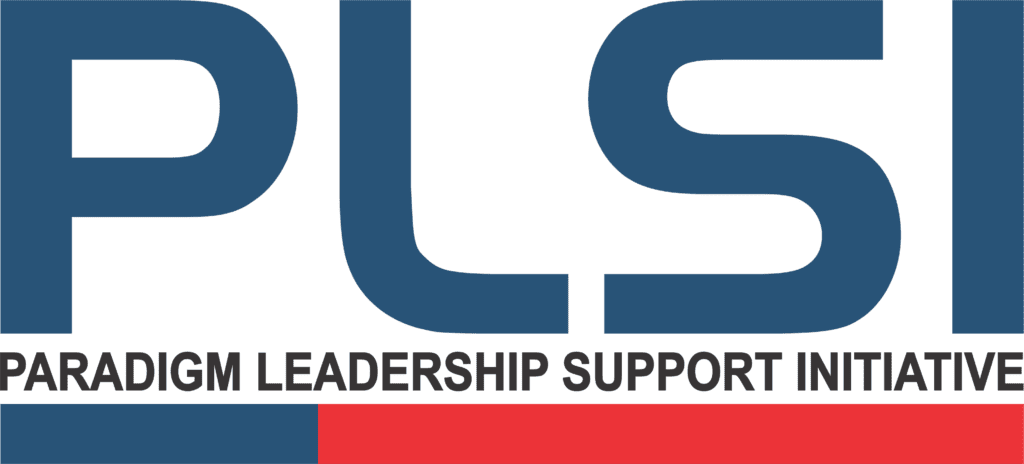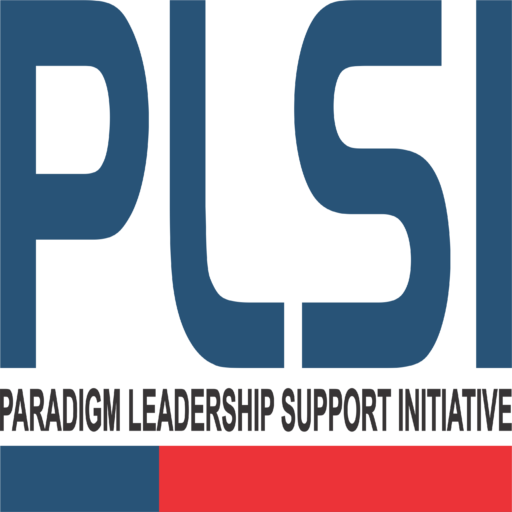Cohorts 1 and 2
October – December 2023
Supreme Audit Institution also known as Office of Auditor-General is the foremost accountability institution and sections 125-127 of the Nigerian constitution provides for the powers and functions of the Auditor-General and Public Accounts Committee at subnational level. While these institutions have the most potential to promote accountability, prevent corruption and improve service delivery to citizens, the lack of access to full audit reports of Auditors-General in many state and local governments of the federation is largely responsible for poor participation of citizen groups, civil society, and media actors to leverage public audit information to investigate and expose corruption. This has also hindered civic actors from mobilizing to demand accountability, and advocate for policy changes that supports anti-corruption and oversight institutions to prevent, detect, and punish corruption.
Furthermore, inadequate citizen participation in Nigerian public audit process and insufficient civic engagement with public officials and elected representatives using audit data continue to be a major obstacle to fostering public accountability at subnational level in Nigeria. State Assemblies have been predominantly ineffective in acting on findings of Auditors-General to strengthen accountability and punish corruption. Several findings contained in previous audit reports of state and local governments have not been conclusively considered by Parliament neither have they been acted upon by anti-corruption bodies leaving executive agencies in many states to continue the path of corruption and lack of accountability regarding use of public resources.
PLSI through its MacArthur Foundation funded project to strengthen public audit practices and accountability at the state level in Nigeria is implementing a Public Audit Media Fellowship to assist independent media actors to use audit data to investigate, report and expose corruption at subnational level in Nigeria.
This media fellowship will identify and train 10 journalists (two each) from five geopolitical zones of Nigeria (aside North Central), on how to use public audit information combined with creative communication and data-driven storytelling skills to investigate, report, and expose corruption at subnational level in Nigeria. The media fellowship is focused on one state in each geo-political zones being considered, and the specific states include: South East – Anambra State, South South – Delta State, South West – Ekiti State, North West – Kaduna State and North East – Yobe State.
The Fellowship will run for four weeks (seven days in the first three weeks (virtual) and two days in the fourth week (physical) in Abuja, Nigeria). Fellows will be onboarded in October 2023.
Selected fellows would be supported to analyze annual audit reports of state governments and track public spendings with potential for corruption and investigate such spendings with a view to exposing tendencies or reporting acts of corruption for possible sanction by relevant authorities. The 10 investigative stories developed from the media fellowship will be published via the medium by which the fellows work on.
Open Call: Application starts on September 25, 2023 (noon WAT) and will end on October 6, 2023 (5:00 p.m. WAT). We project that the Public Audit Media Fellowship should be able to accommodate 10 investigative/media journalists from the pool of applications received from the open call in the first cohort.
Selection: Due to the number of expected applications, we will conduct reviews and interviews from October 6 – 12, 2023. Reviews will be done by our selected team of judges, which includes experienced civil society leaders and experienced investigative journalists.
Announcement: Selected fellows will be announced on October 13, 2023. Fellows will be informed earlier to ensure media materials (Bio, photograph etc) are provided for the announcement. The Public Audit Media Fellowship session for cohorts 1 & 2 will run from October 2023 and end in December 2023.
Benefits: We will provide N30,000 stipend to cover virtual training logistics. PLSI will also cover costs (return ticket – economy class, accommodation, and per diem) relating to the two days’ onsite training in Abuja. In Addition, PLSI will provide the sum of N100,000 to each fellow to support story coverage and logistics. We will also hold rounds of engagements with stakeholders on the ideas to receive feedback and potential support.
PLSI does not guarantee the publishing of stories in the Nigerian dailies as applicants are ideally full-time writers, print, radio or broadcast journalists, filmmakers, bloggers, or other media makers, with well-established records of publication, dissemination, or broadcast in local, regional, or national markets, or among targeted audiences or constituencies.
Training Sessions
The training sessions will focus on various topics to be facilitated by field experts enhance the capacity of the fellows to better understand the public audit system and develop investigative stories.
The sessions will include:
- Understanding public audit legal frameworks
- Sourcing and analyzing audit report
- Understanding the role of Auditor-General and the Public Audit Action Cycle
- Tracking stakeholders (Public Accounts Committee, Executive Agencies, Anti-Corruption Bodies) actions on audit findings
- Concept of investigative reporting/Journalism
- Understanding the functions of Public Accounts Committee
- Ethical and accuracy in data journalism
- Audit reports as source of investigative reporting
- Writing sample investigative report on 2020 and 2021 audit reports
- Data visualization, storytelling, and creative communication
- The Use of Freedom of Information Act
- Using technology tools for fact-checking
- Crafting compelling narratives & The power of storytelling
Monitoring and Evaluation
The project will be monitored based on the metrics we have set to achieve with the project.
- First, we will measure the number of fellows trained and their spread to establish if we achieved inclusion, region, and gender balance.
- We will also count on achieving the training sessions planned for this project and 10 data-driven stories using audit data.
- We will also measure the feedback of the fellow on how the program is helpful or otherwise to their career, and we will track citizens’ impressions on the stories that the fellows would publish.

